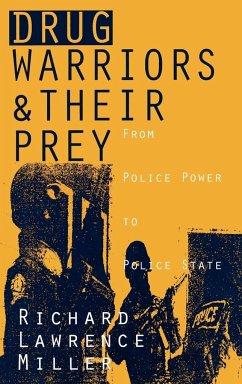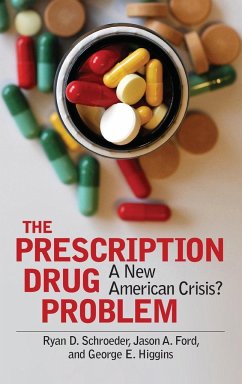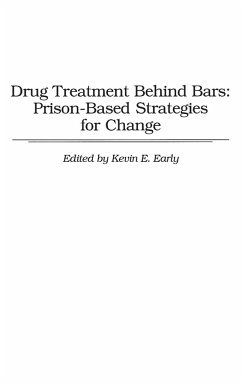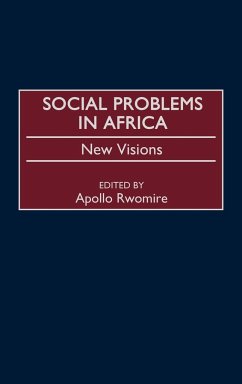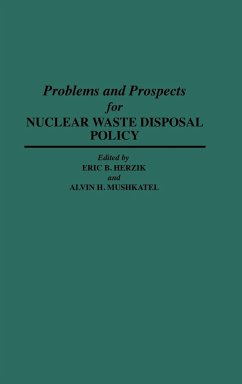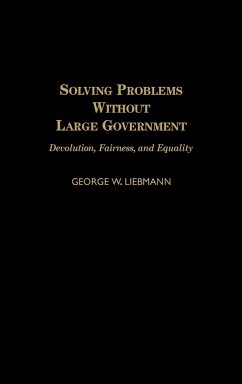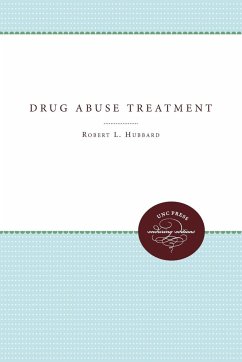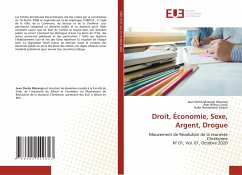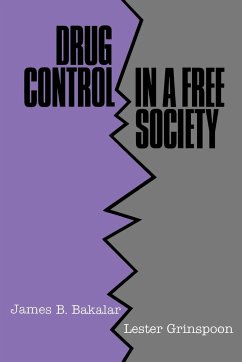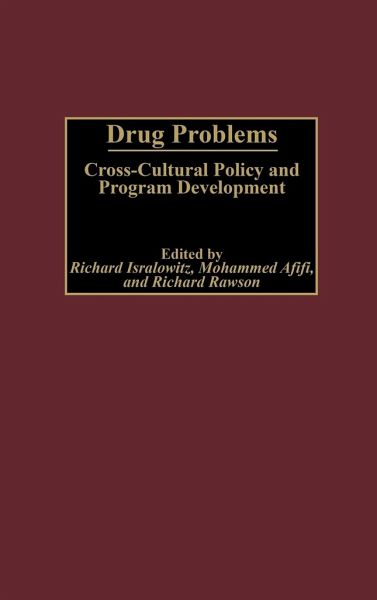
Drug Problems
Cross-Cultural Policy and Program Development
Herausgeber: Isralowitz, Richard; Afifi, Mohamed; Rawson, Richard

PAYBACK Punkte
44 °P sammeln!
Substance abuse and its social consequences are a major public concern for communities throughout the world. The motivations and consequences are deeply imbedded within the social and political structures of all countries, whether they be well-established democracies or developing nations. Every culture shapes the meaning of and responses to substances such as marijuana and heroin over time and across locations, but the broader drug issue has become universal. As the sphere of the problem expands, the experiences and solutions of each nation become more relevant to other countries. Internation...
Substance abuse and its social consequences are a major public concern for communities throughout the world. The motivations and consequences are deeply imbedded within the social and political structures of all countries, whether they be well-established democracies or developing nations. Every culture shapes the meaning of and responses to substances such as marijuana and heroin over time and across locations, but the broader drug issue has become universal. As the sphere of the problem expands, the experiences and solutions of each nation become more relevant to other countries. International concern over substance abuse has intensified as a result of the rise in production, use, and trafficking of illicit drugs all over the world. Therefore, the practical knowledge of policy development and abuse prevention and treatment strategies in the Middle East have increasing relevance for the rest of the world.






